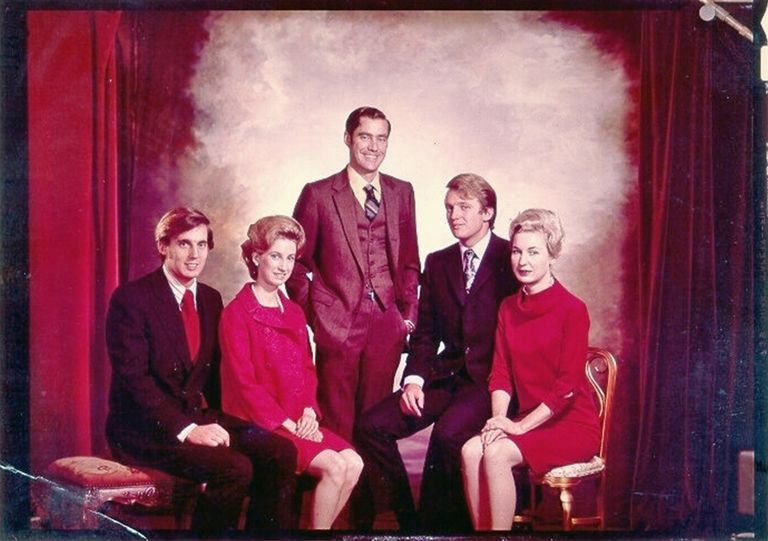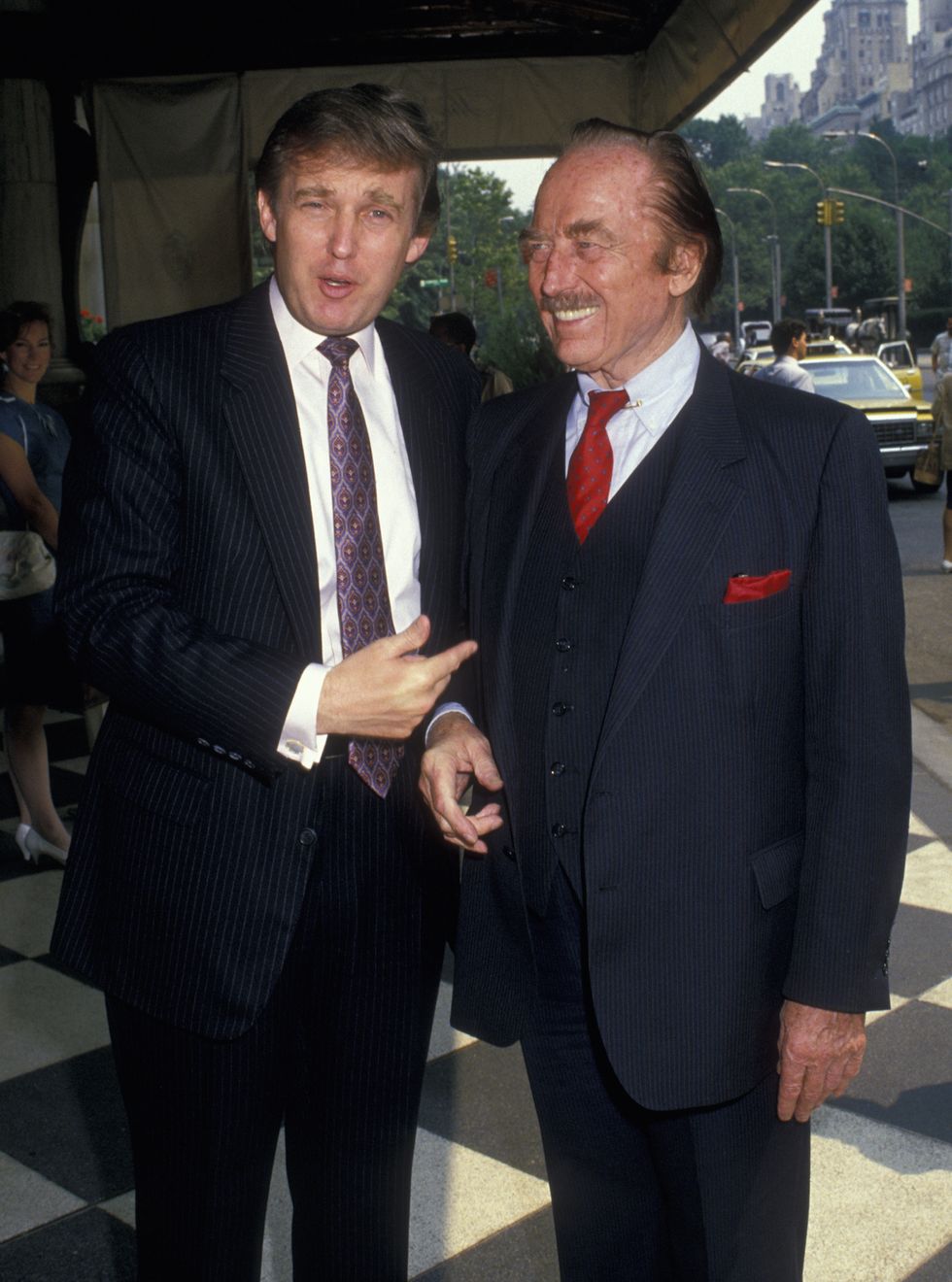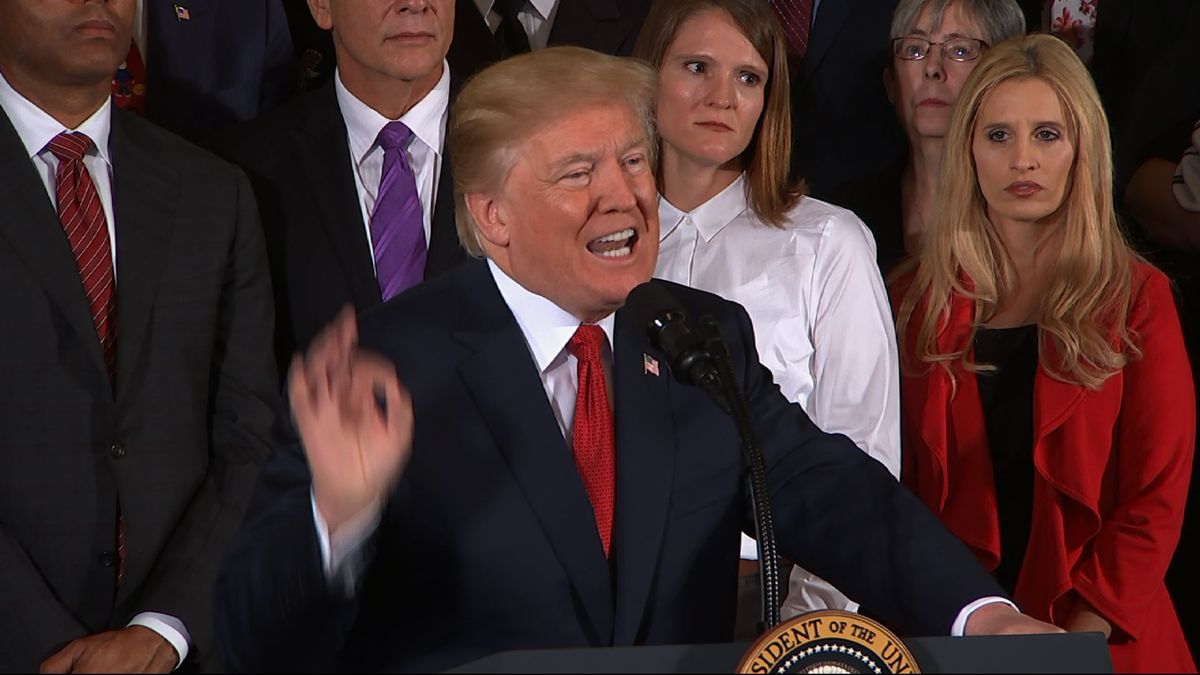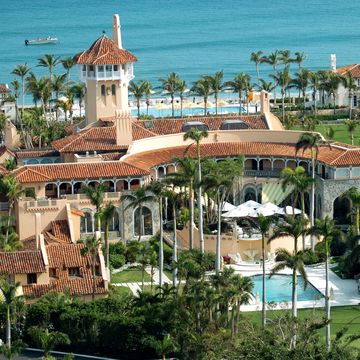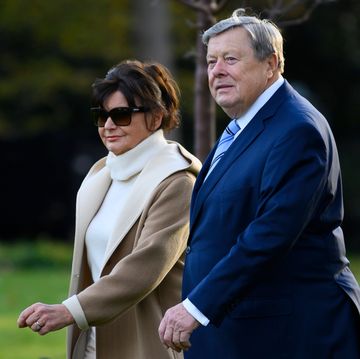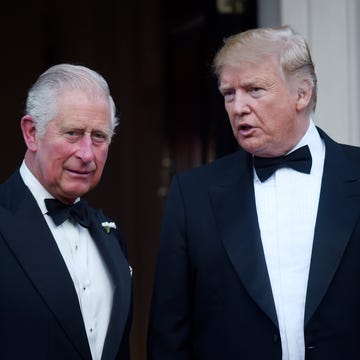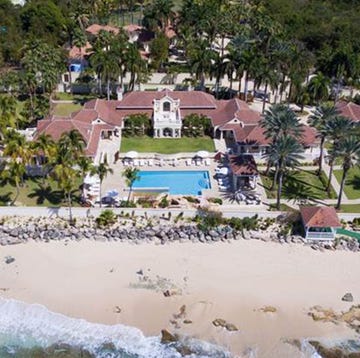- Donald Trump's late brother Freddy is back in the news this summer, as his daughter, Mary Trump, is publishing a tell-all about her family called: Too Much and Never Enough: How My Family Created the World's Most Dangerous Man.
- In it, she writes: "Donald, following the lead of my grandfather and with the complicity, silence and inaction of his siblings, destroyed my father. I can't let him destroy my country."
- Here, a look back at Freddy's story, and how his alcohol addiction and death influenced President's response to the opioid crisis early on in his administration.
Original 10/26/2017: In a major speech today, President Trump declared the opioid crisis in America a public health emergency. By designating it a federal "emergency," Trump could free up considerable resources to help people and communities fight addiction; it is a powerful official acknowledgement of an epidemic that killed more than 59,000 people last year.
But the issue of addiction is also a deeply personal one for Trump. His older brother Freddy suffered from alcoholism, and died in 1981 at the young age of 43.
The President spoke about his brother's struggles with addiction during today's speech, and it's not the first time he's shared his brother's story publicly. Trump has said in the past that Freddy's death had a "tremendous impact" on him. Perhaps most notably, he does not drink alcohol, do drugs, or smoke cigarettes, avoiding these vices because of his brother's alcoholism.
"He had a profound impact on my life, because you never know where you're going to end up," Trump said. "I've known so many people that were so strong and so powerful [yet] they were unable to stop drinking."
“[Fred] was a great guy, a handsome person. He was the life of the party. He was a fantastic guy, but he got stuck on alcohol,” Trump said of his brother.
“And it had a profound impact and ultimately [he] became an alcoholic and died of alcoholism. He would tell me, ‘Don’t drink ever.’ He understood the problem that he had and that it was a very hard problem.”
Fred Trump was the second oldest of Donald Trump siblings. (Maryanne Trump Barry, a federal judge, is the eldest, followed by Freddy, Elizabeth, Donald, and Robert, who also worked in the family business.) Born eight years before the president, Fred Jr. worked briefly for his father in the family real estate business but left to become a pilot. He married and had two children, Fred III and Mary, who were named after his parents.
A 2016 New York Times article details Freddy's decline into alcoholism, revealing that the eldest Trump's issues began in his mid-20s, and that by 1968, his drinking started to severely impact his life. "He got divorced, quit flying because he knew his drinking presented a danger and failed at commercial fishing in Florida. By the late 1970s, he was living back in his parents’ house in Jamaica Estates, working on one of his father’s maintenance crews," reads the article.
It also suggests that seeing his brother's suffering inspired Trump's aggressive ambition, and that at the time, it was hard for Trump understand his brother's lack of drive. "Mr. Trump said he had learned by watching his brother how bad choices could drag down even those who seemed destined to rise."
Donald Trump's feelings about his brother had other consequences for the family as well. In 2000, shortly after Fred Trump Sr. died, Fred Jr.'s son contested the will in Queen's court. (Fred Trump's Sr.'s estate, which was valued at somewhere between $100 million and $300 million, had been divided between the living siblings, leaving considerably less to Fred III and his family.) Donald Trump retaliated by cutting off medical benefits for Fred III's critically ill infant son. It was a bitter fight, and like so many Trump family battles, one waged publicly in the tabloids.
“I was angry because they sued,” Donald told Jason Horowitz, the author of the Times piece. Eventually the family settled the suit "amicably."
Now years later, Trump's views about his brother—and his addiction—have softened. “He would have been an amazing peacemaker if he didn’t have the problem, because everybody loved him,” Trump said. “He’s like the opposite of me.”
